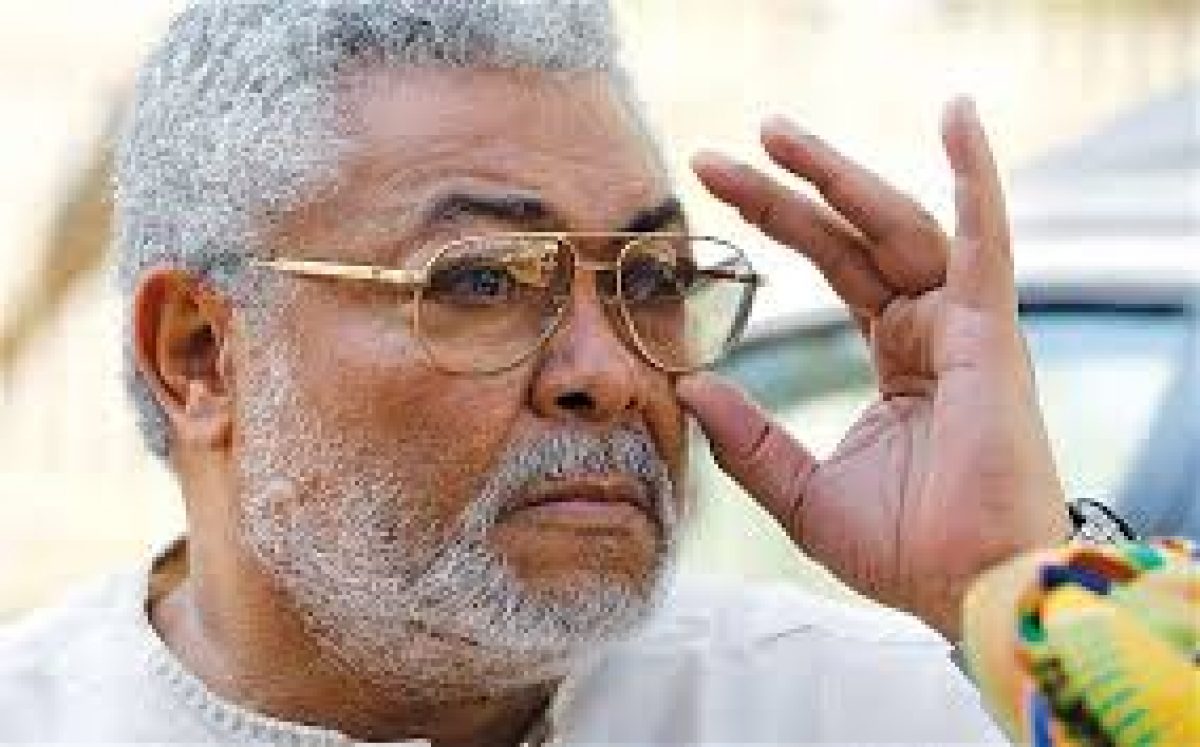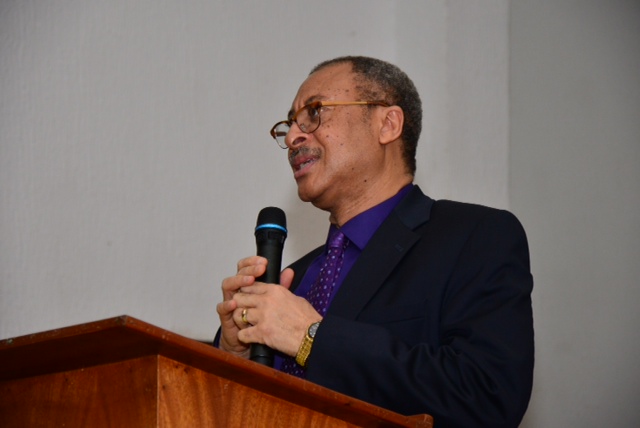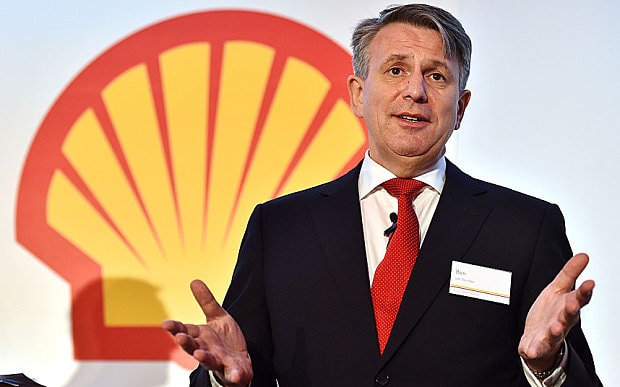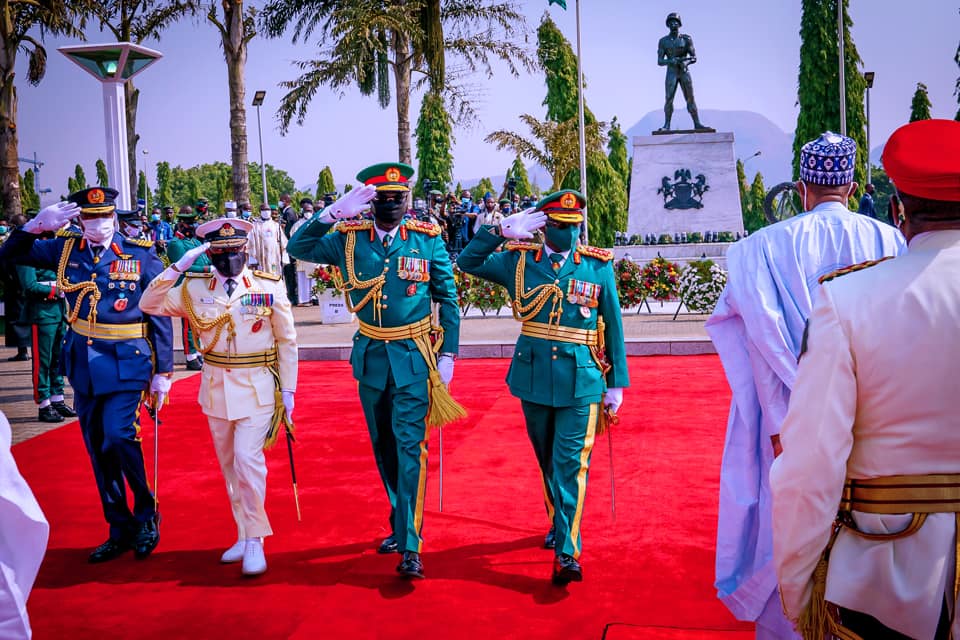BY ROBERT EBO HINSON
While John Jerry Rawlings (JJR) may not exactly rank in the Kwame Nkrumah or Nelson Mandela league, he was one of Africa’s most enigmatic leaders. My task here is to examine his legacy along four marketing dimensions.
JJR as a product
In Ghana, the political parties’ law, Act 574 (2000), stipulates that political parties may join in the formation of political will of citizens, give out information on political ideas, socio-economic programmes of national reflection and also fund political candidates for public election.
From a person/party/ideology standpoint, JJR was credited with the formation of the National Democratic Congress (NDC) party, a left-leaning party, one of the two dominant parties in Ghana. Prior to NDC’s birth in 1992, the dominant political traditions in Ghana were the Convention People’s Party (CPP) and the United Party which has metamorphosed from the Progress Party to Popular Front Party and now New Patriotic Party.
Advertisement
JJR’s NDC came out of a military government, the Provisional National Defence Council (PNDC) which he headed. The PNDC seized power in 1981 and became a political party after Ghanaians voted in a referendum to return the country to multi-party constitutional rule. The membership of the PNDC comprised a mélange of individuals sympathetic to the CPP and UP traditions, and independents.
From a political marketing standpoint, therefore, JJR established a political tradition that is one of the two dominant political forces in Ghana and will remain so for a long time. Even in death, the JJR brand would seem to be a blessing on whether he endorsed ex-President John Mahama before his death, and therefore encouraged NDC supporters to vote massively for the NDC, or whether it can become more aligned with the policies and beliefs of the Ghanaian President Nana Addo Dankwa Akufo-Addo who is NPP’s leader.
In July 2016, for instance, JJR was reported by the Graphic Newspaper to have lauded Akufo-Addo as not “being corrupt” while positing that the NDC lost the 2016 elections because of the “corrupt, uncouth and uncultured actions of government appointees.” In 2017, he argued again that he did not hate the NDC but rather disliked “stealing,” and that, “if NPP does well, I will praise them, if they do bad, I will hit them on their back.”
Advertisement
JJR’s personal brand which gave birth to the NDC political brand was at the time of his death clearly not in support of the political brand he gave birth to and not assisting as well in brand mutability which is a property of political marketing which allows the “purchase” to be alterable even in the post-purchase setting. If JJR was still a brand advocate for NDC, he could have shored up support for the brand even with the NDC without JJR. In other words, the NDC brand would have mutated, but JJR’s grassroots appeal would still benefit the party in electoral fights.
JJR, party organisation and the political market party organisation
In 1992, NDC led the transition to multiparty competition in an “authoritarian-led democratisation” setting. JJR described in 2015 by Robert E. Fritts (US Ambassador to Ghana from 1983 to 1986) as a populist mystic – almost messianic, had overtones of a prophet, was very nationalistic and patriotic; and sincerely desirous, of improving the lives of ordinary Ghanaians in his PNDC revolutionary days -generally appealed to the masses, regularly portraying himself as a common man who fought for the common man and was, therefore, able to gather many volunteers for his PNDC and NDC activities, helping them to win the 1992 and 1996 elections.
Political Market
Advertisement
In terms of the political market, JJR evoked mixed feelings. To quote an article from the Association for Diplomatic Studies and Training, JJR was a paradoxical figure, calculating and ruthless, as when he ordered a bloody “housecleaning” of those he viewed as corrupt or disloyal, and at the same time demonstrating genuine concern for the well-being of Ghanaians. I have classmates from secondary school who lost their parents under JJR’s PNDC regime who still do not forgive him for their losses; with some arguing that JJR’s death was too comfortable, given all the pain he had put them through.
From a political party organisation and the political market, JJR evoked negative emotions in many but still used his personal charisma to galvanise many more to reach his personal brand goals and those of the PNDC and NDC parties he headed.
JJR Process Characteristics
On style, substance, communications and media attention, few African leaders can hold a candle to JJR. From a political brand communications standpoint, he always commanded local and global attention with his quick with, humorous utterances and famous boom speeches, but he was also a global diplomat extraordinaire. In February 2019, for instance, he called for a culture of global political accountability to stem the tide of impunity being exhibited by some states.
Advertisement
The international media coverage of JJR’s life and contributions to Ghana’s socio-political development has been as profuse as any important African leader in the last century. For the good, therefore, he made tremendous contributions to Ghana and African political development; the bad relates largely to the 1979 and 1982 molestations and killings of military and judicial professionals and several civilians and for the ugly, it would seem the political NDC brand he created, was at the time of his death, not receiving as much brand support as they could.
His legacy will remain mixed.
Advertisement
Hinson, professor of marketing, is among other things, the University of Ghana Business School’s Head of Department of Marketing and Entrepreneurship and Acting Director of Institutional Advancement.
Advertisement
Add a comment






